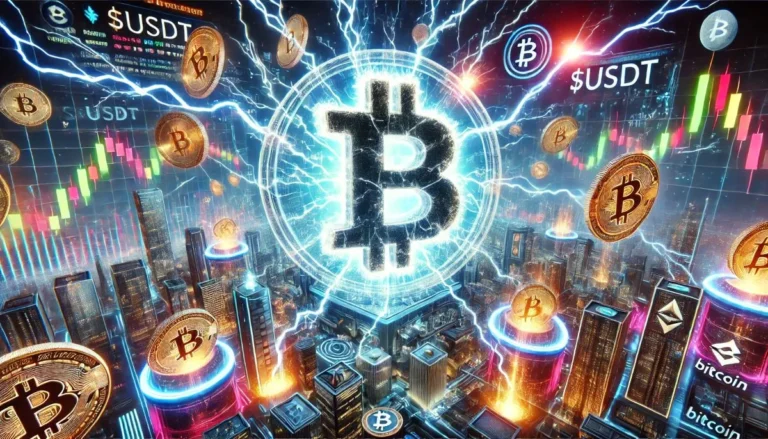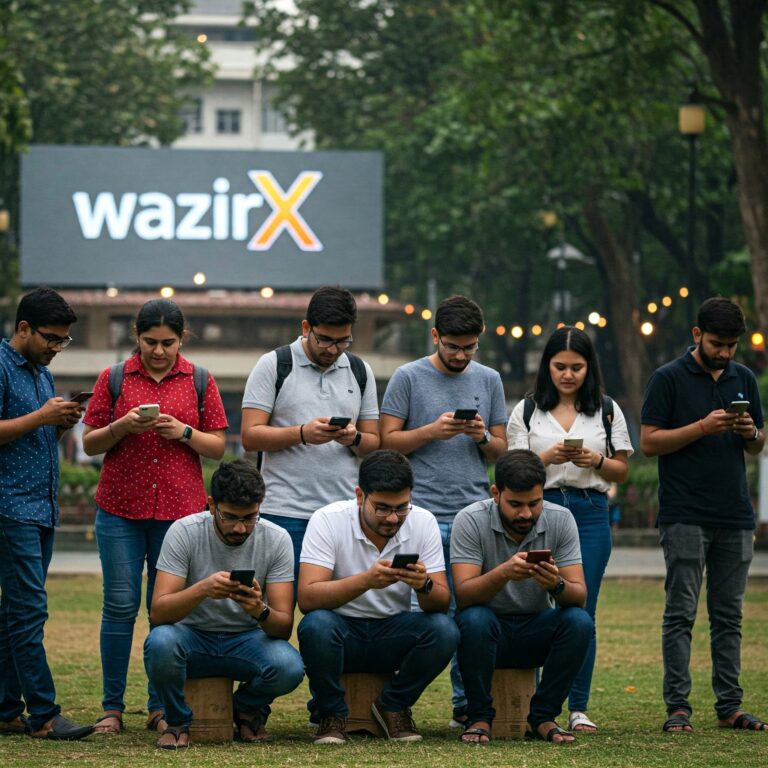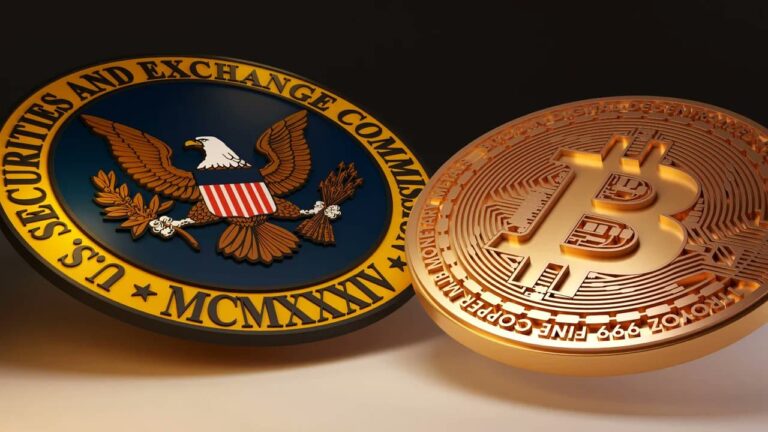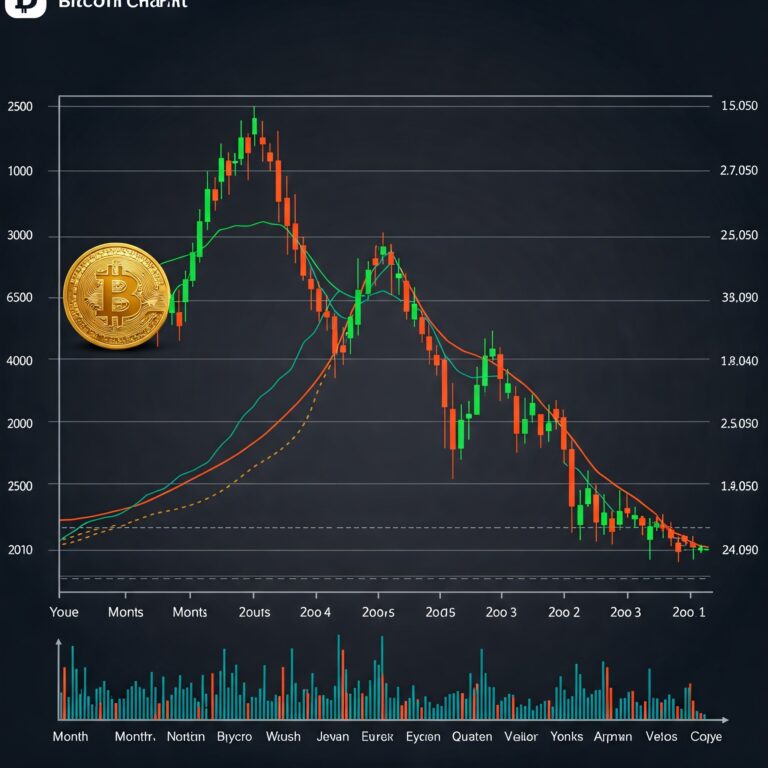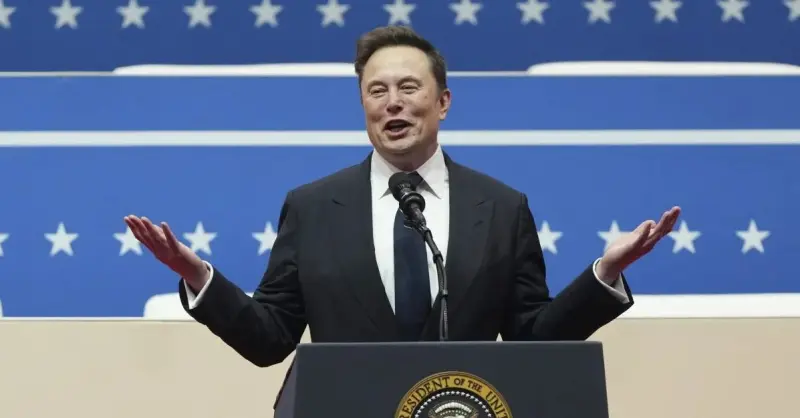
Elon Musk, the enigmatic billionaire and tech visionary, has once again made headlines with a bold proposal: leveraging the D.O.G.E. blockchain to improve the efficiency of the U.S. government. Known for his ambitious ventures with Tesla, SpaceX, and his influence on the cryptocurrency Dogecoin, Musk’s latest idea is raising eyebrows and sparking debate across the tech and political landscapes.
The Vision: Blockchain for Governance
Musk’s proposition centers around the use of decentralized blockchain technology—specifically, the D.O.G.E. blockchain—to streamline government operations, reduce bureaucracy, and increase transparency. According to Musk, adopting blockchain technology could revolutionize how the government handles data, voting systems, and financial transactions.
“The government needs to embrace modern technology. Blockchain can ensure transparency, eliminate inefficiencies, and build trust,” Musk said during a recent interview. He jokingly added, “And why not D.O.G.E.? It’s fast, secure, and already has a loyal following.”
Why the D.O.G.E. Blockchain?
While Dogecoin started as a meme cryptocurrency, it has evolved into a widely recognized digital asset with a vibrant community. Musk has long been a vocal supporter of Dogecoin, often touting its potential for mainstream adoption. Here’s why he believes the D.O.G.E. blockchain could work for government systems:
- Low Transaction Costs: Dogecoin transactions are known for their minimal fees, making it a cost-effective option for government applications.
- Speed: The D.O.G.E. blockchain’s quick transaction speeds could help process massive volumes of data efficiently.
- Decentralization: Blockchain’s decentralized nature ensures data security and reduces the risk of corruption or tampering.
- Scalability Potential: With the right upgrades, Musk argues that the D.O.G.E. blockchain could scale to meet the needs of a national government.
Potential Applications
Musk’s vision for blockchain-based governance includes several key areas:
- Voting Systems: A blockchain-powered voting system could provide a tamper-proof and transparent way to conduct elections, ensuring every vote is counted accurately.
- Government Payments: From tax refunds to social welfare programs, blockchain could streamline the distribution of funds, reducing fraud and administrative costs.
- Data Management: Blockchain could serve as a secure and immutable ledger for public records, such as property deeds, licenses, and contracts.
Skepticism and Challenges
While Musk’s idea is undoubtedly intriguing, it has faced skepticism from both blockchain experts and government officials. Critics highlight several potential challenges:
- Scalability Issues: Can the D.O.G.E. blockchain handle the vast amount of data required for national governance?
- Security Concerns: While blockchain is secure, no system is entirely immune to vulnerabilities or attacks.
- Regulatory Hurdles: Implementing blockchain in government systems would require extensive legislative and bureaucratic changes.
- Public Trust: Convincing citizens to trust a cryptocurrency-based system, particularly one with meme origins, could be an uphill battle.
Musk’s Response
True to form, Musk remains undeterred by criticism. “Every great innovation faces resistance. Blockchain is the future, and D.O.G.E. can be a part of it,” he tweeted, sparking both support and skepticism from his millions of followers.
Conclusion
Elon Musk’s proposal to use the D.O.G.E. blockchain for U.S. government efficiency is both ambitious and controversial. Whether it becomes a reality or remains a thought experiment, it has reignited conversations about the potential for blockchain technology in governance. As always, Musk’s ideas continue to push boundaries and challenge conventional thinking, keeping the world watching.

